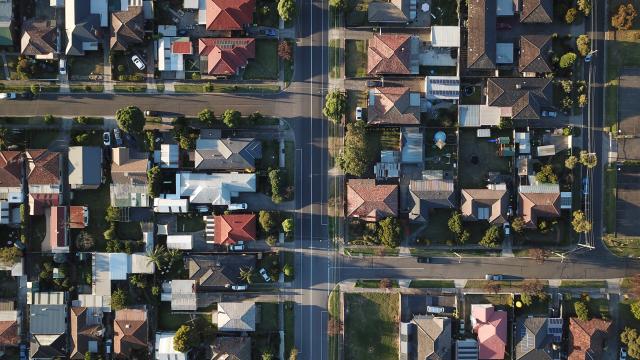Mortgage holders and renters in Melton are “feeling the pinch” as the Reserve Bank of Australia (RBA) raised the cash rate for the 10th month in a row.
On Tuesday, March 7, the RBA announced an increase to the cash rate by 25 basis points to 3.60 per cent.
As the effects of consecutive rate rises set in for mortgage holders, the costs are also being pushed onto renters.
In the 12 months to February Melbourne rent prices increased 10 per cent, just behind the highest national 12 month increase of 10.2 per cent in December, according to data from CoreLogic.
Salvation Army western metro private rental assistance program senior case manager Jessica Grace said existing economic pressures post-COVID, combined with interest rate rises have seen demand for services double.
The program assists low income earners or households with no income to either establish or sustain private rental tenancy.
“A lot of rental providers are having to pass those increases on to renters,” she said.
“Particularly mum and dad investors where they have their own home which is mortgaged and then they have a rental property which is mortgaged.”
Ms Grace said she was “shocked” to hear of yearly rent increases of as much as $230.
“The rental market in Melton is becoming increasingly difficult to enter,” she said.
“Melton has always been known as a rather affordable suburb …
“What we’re finding now is that you go to an open house in Melton and there will be 30, 40, 50 people lining up at these inspections.
“People are so desperate for property that they have no other option but to pay a higher price or be homeless …We’re going through some really challenging times here and something has to happen.”
RBA governor Philip Lowe said in a statement that while more rate increases are on the way, he expects inflation to be in the target range of 2-3 per cent by mid 2025.
“Rents are increasing at the fastest rate in some years, with vacancy rates low in many parts of the country,” he said.
“The board’s priority is to return inflation to target. High inflation makes life difficult for people and damages the functioning of the economy… it would be very costly to reduce later, involving even higher interest rates and a larger rise in unemployment.”

















